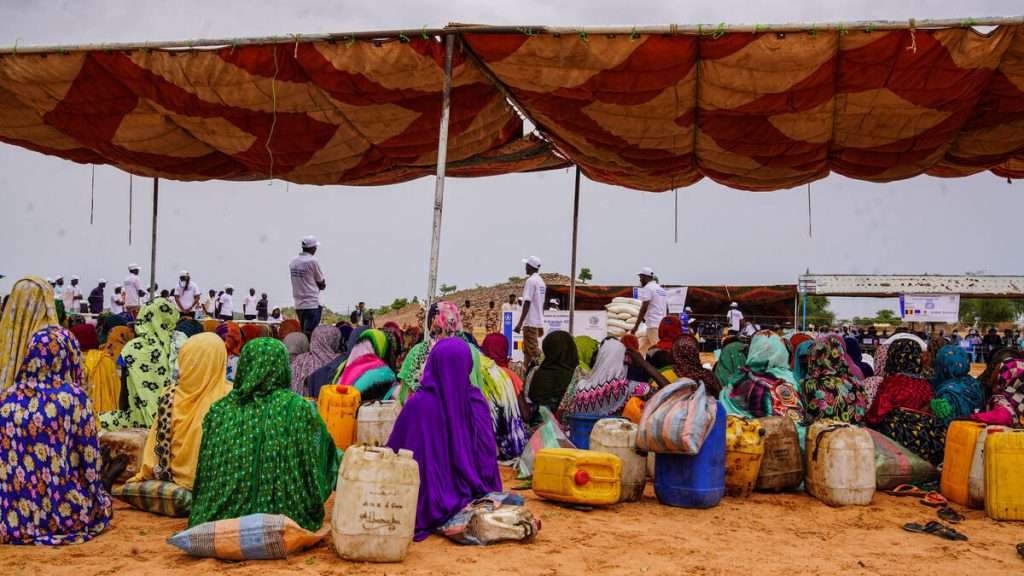UN report: World hunger declines, yet Africa remains at risk

A United Nations report indicates world hunger declined in 2024 for the third consecutive year, although food insecurity deepened in Africa and the Middle East, according to Al Jazeera via Reuters on July 28th.
The new findings identify ongoing conflict, climate disruptions, and economic instability as key drivers of this persistent food crisis.
The State of Food Security and Nutrition in the World report, compiled by five UN agencies, found that 673 million people, or 8.2 percent of the global population, experienced hunger in 2024. While this marks a slight improvement from 8.5 percent in 2023, it is still higher than the pre-pandemic rate of 7.5 percent in 2019.
Significant progress was primarily driven by improvement in South America and southern Asia.
In South America, hunger rates fell from 4.2 percent in 2023 to 3.8 percent in 2024, largely due to better crop yields and government-supported social programmes such as school meals. In southern Asia, hunger fell to 11 percent from 12.2 percent, largely due to improved access to healthy diets.
Despite progress in some regions, hunger continues to be a prevailing issue in other areas.
UN Secretary-General António Guterres stated that “Conflict continues to drive hunger from Gaza to Sudan and beyond,” warning that “hunger further feeds future instability and undermines peace.”
Agencies, including the World Health Organisation (WHO), have raised alarms over malnutrition in Gaza since Israel imposed a full blockade on March 2nd, triggering a humanitarian crisis. Although some restrictions were eased in May, aid access remains severely limited, raising concerns of widespread starvation.
Conditions worsened in Africa, where more than 307 million people—more than one in five—were chronically undernourished. In a recent report, an estimated 4.6 million people in Somalia are facing food insecurity, with aid fund dwindling.
The continent’s food systems are under pressure from rapid population growth, violent conflict, weather extremes, and rising prices. The number of people in Africa unable to afford a nutritious diet grew from 864 million in 2019 to over one billion in 2024.
Looking ahead, the UN warns that by 2030, 512 million people may be chronically undernourished globally, nearly 60 percent of them in Africa.
“We must urgently reverse this trajectory,” said Food and Agriculture Organization (FAO) chief economist Maximo Torero.
The report also identified “persistent inequalities” disproportionately affecting women and rural populations. While global food supplies remain adequate, nutritious food is often “not available, not accessible or, more often, not affordable.”
Meanwhile, global adult obesity rose to nearly 16 percent in 2022, up from 12 percent in 2012.
Al Jazeera via Reuters, Maghrebi.org
Want to chase the pulse of North Africa?
Subscribe to receive our FREE weekly PDF magazine












